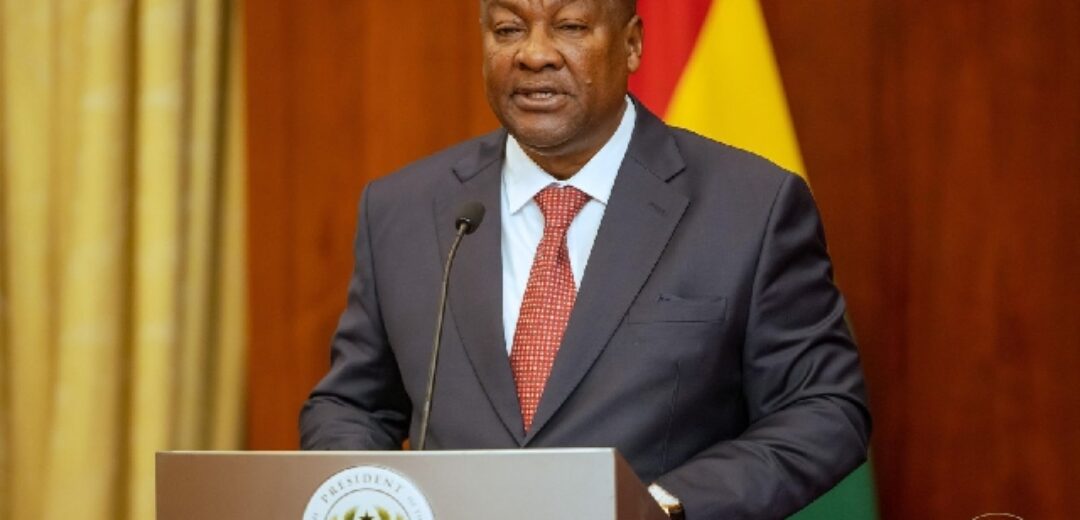Bibiani Residents Urge Mahama to Tackle Economic Woes, Not Spiritual Prophecies.
Some residents of the Bibiani Anhwiaso Bekwai Municipality in Ghana’s Western North Region are calling on the government of President John Dramani Mahama to shift its focus from spirituality and prophecies to addressing the country’s pressing socio-economic challenges.
Their concerns follow a recent directive from the Presidency requiring all prophecies and spiritual revelations to be submitted to the Office of the Presidential Envoy for Interfaith and Ecumenical Relations.
The measure, according to the government, is aimed at ensuring the responsible handling of prophecies related to high-profile political leaders, governance, national security, and public stability.
However, many in Bibiani argue that the administration should prioritise delivering on electoral promises, improving the economy, and tackling corruption.
They say residents are still grappling with severe economic hardship, high unemployment, and the effects of illegal mining activities, which they allege some members of the ruling National Democratic Congress (NDC) have engaged in since the last general elections.
Some residents further claim that illegal mining, or galamsey, has worsened environmental degradation and indirectly contributed to national tragedies, including the recent military helicopter crash that claimed the lives of government officials and personnel.
“We voted for development, jobs, and better living conditions, not for debates over prophecies,” one resident told reporters. “Our leaders should be more concerned about food prices, the cedi’s depreciation, and the galamsey destroying our lands.”
The Office of the Presidential Envoy has defended the directive, stating that it aims to foster peace, unity, and national prosperity by ensuring that spiritual messages of national importance are handled with discretion and responsibility.
For now, residents of Bibiani insist that while religion plays an important role in Ghana’s identity, the government’s immediate responsibility should be to address the urgent needs of its citizens.


















